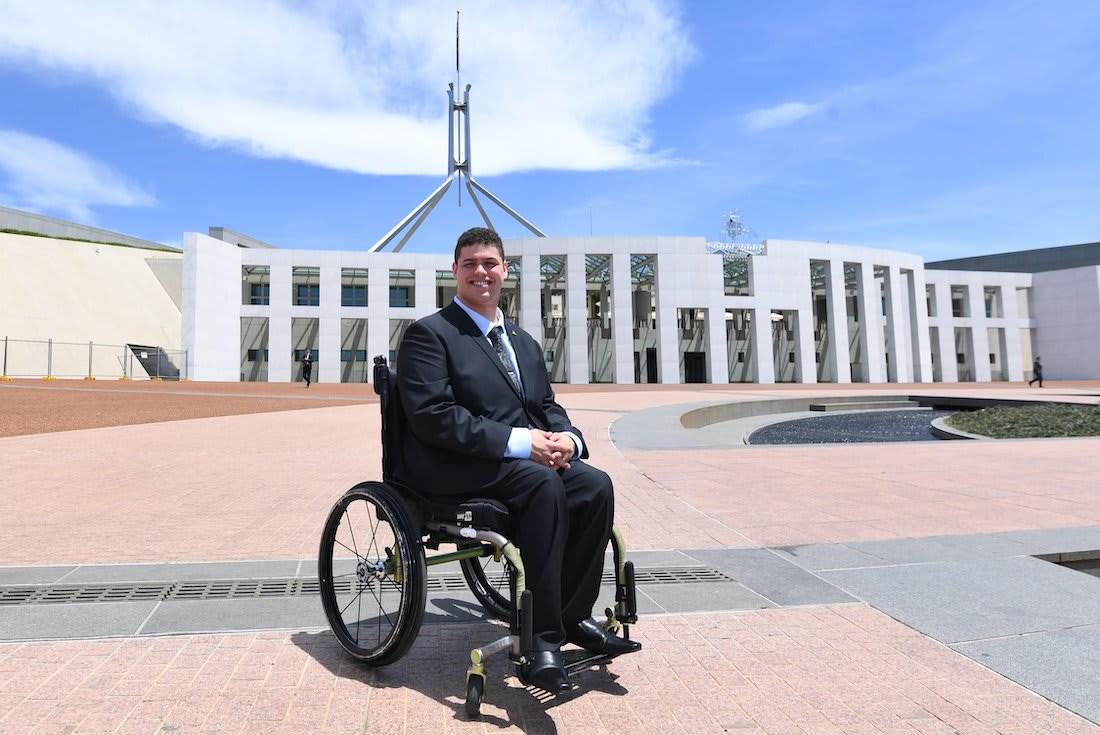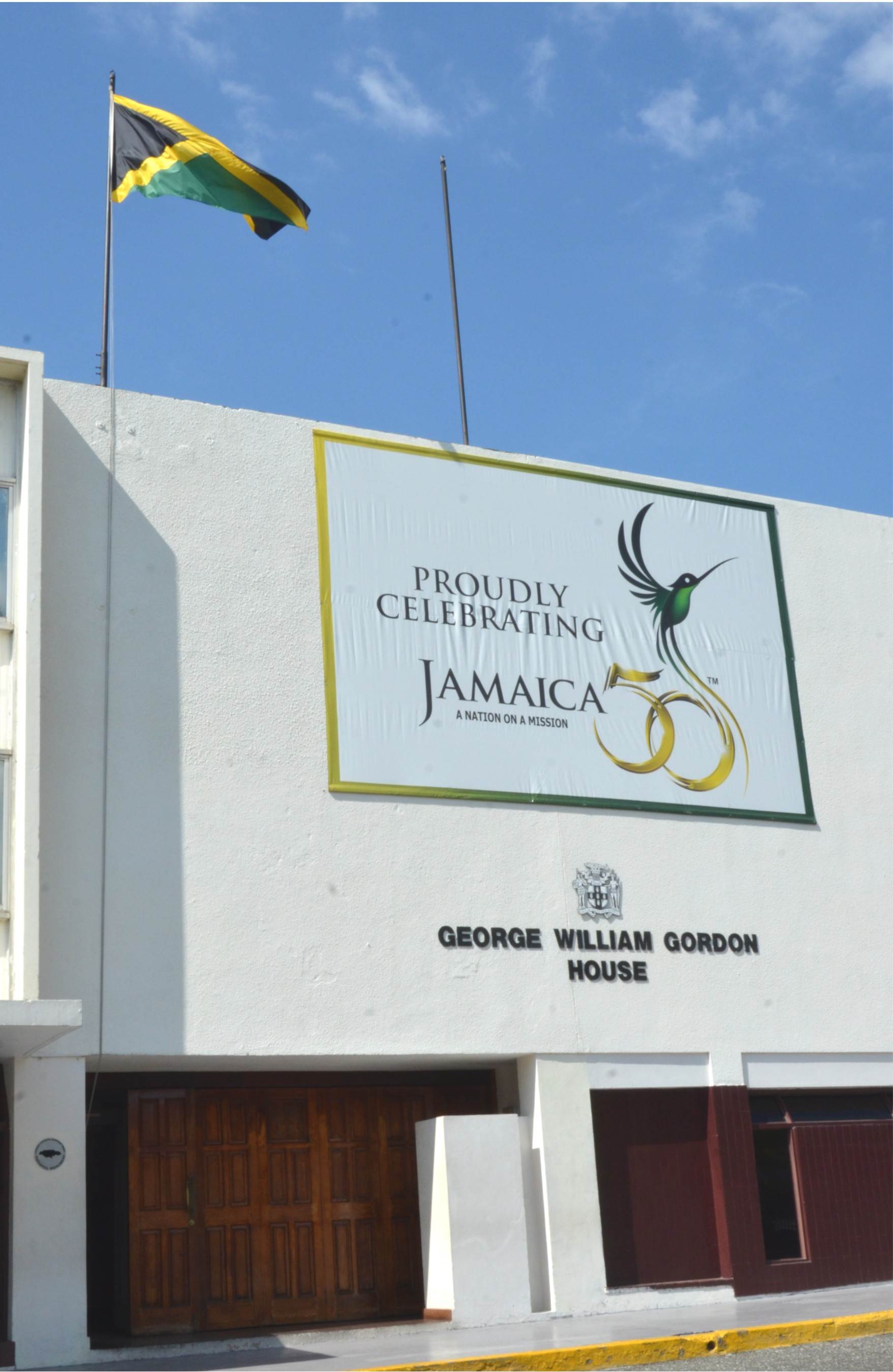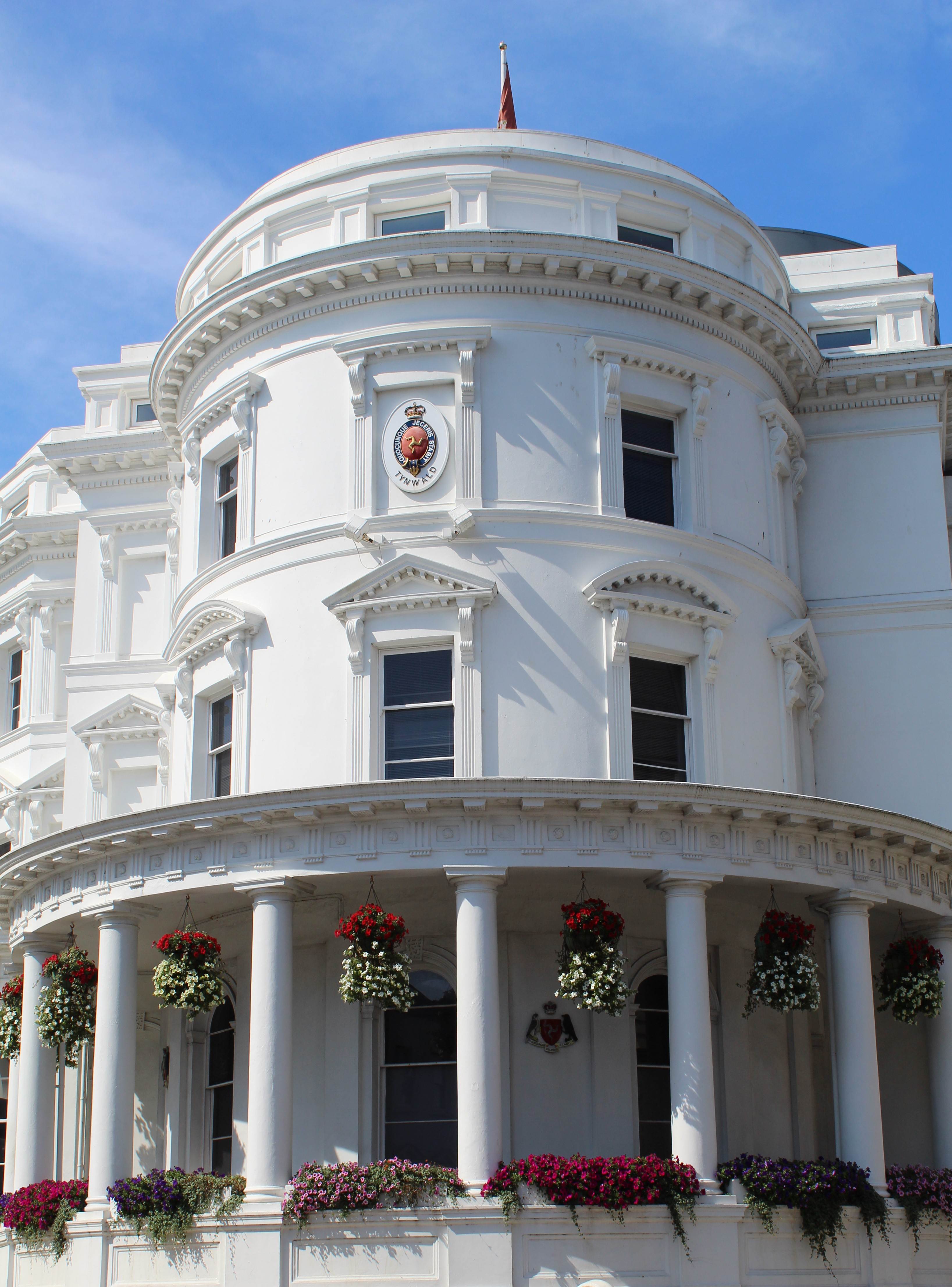
CPwD - Capital Investment Fund
About the Fund
The Commonwealth Parliamentarians with Disabilities (CPwD) Capital Investment Fund is a reserve of funding established by the CPA Secretariat in 2021 with the aim of raising the accessibility of CPA member Parliaments to persons with disabilities. The priorities for the Fund include but are not limited to, improving the physical accessibility of Parliaments or the procurement of assistive technology.
Applications are now open for 2026. Find out more at the end of this page.
Examples of initiatives:
• Installation of a ramp(s) with a low gradient, allowing a person to access a higher level in a building.
• Provision of transcription or sign language interpretation of live parliamentary proceedings.
• Enabling vocal commands, braille, and/or screen readers on computers, allowing persons with visual impairments to use them easily.
• Installation of automated doors, making entering a parliament building easier for persons with mobility impairments.
• The conversion of documentation into easy-to-read formats for people with sight impairments.
• Procurement of benches/resting areas in long corridors, allowing those who use crutches to rest.
• Widening of doorways, security barriers, and/or lifts for access to wheelchair users.
• Construction/development of restrooms for persons with disabilities.
• Improvement of access to a parliament’s website (e.g. text-to-speech features).
• Expansion/development of parking for persons with disabilities.
• Provision of hearing loops in meeting rooms to facilitate the participation of persons with hearing impairments.
These examples merely illustrate the type of proposals that will be considered. The proposals are then selected based on suitability and how far they contribute towards the aims and priorities of the Network in enabling the effective and full participation of persons with disabilities in representative democracy. Proposals for the fund to cover costs as part of a larger project involving other entities will be considered.
Case Studies
CPA Video: Case study from the Isle of Man: Making our Parliament more accessible for all
The Tynwald Parliament of the Isle of Man successfully applied for part-funding through the CPA’s Commonwealth Parliamentarians with Disabilities (CPwD) network via its Capital Investment Fund, a reserve of funding which supports Commonwealth Parliaments to implement accessibility initiatives. Watch below or click here to view on the CPA YouTube channel.
Previous Capital Investment Fund Projects
Scotland:
The Scottish Parliament took significant steps to improve accessibility and inclusivity within its main Chamber by funding the creation of additional customised accessible conferencing consoles though the Capital Investment Fund. This initiative built upon the existing infrastructure by adding ten new accessibility units, designed specifically to support Members with additional access requirements. These customised consoles ensure that all Members can fully and independently participate in parliamentary proceedings, regardless of their individual needs.
The development of these units was informed by direct engagement with Members who required additional support, ensuring that the design and functionality of the consoles met real-world needs. The response from those involved has been overwhelmingly positive, with Members reporting meaningful improvements in their ability to engage with the Chamber’s work. This initiative reflects the Parliament’s ongoing commitment to fostering an inclusive environment, removing barriers to participation, and setting a high standard for accessibility in democratic institutions.
Montserrat:
The Legislature Department used targeted funding to enhance transparency and accessibility by procuring a video camera, digital audio equipment, and supporting software to enable the live broadcasting and recording of Legislative Assembly sessions in Montserrat.
This initiative significantly improved access to parliamentary proceedings, especially for individuals with audio or learning impairments, by making sessions more inclusive and easier to follow. It also strengthened engagement with the wider public, including local communities and the Montserratian diaspora, by providing new opportunities to stay informed about governance through online platforms such as YouTube.
Public feedback has been encouraging, with more citizens showing interest in the work of the Assembly. Collaboration with the Montserrat Association for Persons with Disabilities is helping to ensure that these new resources are actively promoted and used. Monitoring and evaluation of the initiative are ongoing.
Australia Capital Territory (ACT):
The ACT Legislative Assembly enhanced accessibility to its Chamber by installing automatic door openers on the heavy glass entryway doors. This simple yet impactful upgrade allows wheelchair users and other visitors with mobility challenges to enter the Chamber effortlessly with the push of a button.
The improvement was immediate and significant, eliminating the need for physical exertion to open the thick, heavy doors, which previously posed a barrier to many. The new mechanisms operate silently, providing a dignified, user-friendly experience that reflects the Assembly’s commitment to inclusivity.
As a permanent facility upgrade, the project requires no ongoing evaluation, but its benefits are clear and lasting: a more welcoming and accessible environment for all.
Newfoundland and Labrador:
The Newfoundland and Labrador Legislature has taken a meaningful step toward greater inclusivity by installing monitors that display closed captioning in the public galleries of the Assembly Chamber. This enhancement immediately improves accessibility for all visitors, particularly those who are deaf or hard of hearing.
Beyond its immediate impact, this initiative is designed with long-term accessibility in mind. By providing visual support through captioning, it also benefits individuals with other disabilities, such as those who rely on visual learning to fully engage with proceedings.
The House of Assembly remains committed to continuous improvement, working closely with the Government’s Disability Policy Office and actively seeking feedback from users and stakeholders in the disability community. This collaborative approach ensures that accessibility measures remain responsive, effective, and aligned with the diverse needs of all who visit the Legislature.
Applications for 2026
Fund structure and how to apply
For 2026, the Fund will be a total of £100,000 GBP, from which Branches may claim up to £10,000 GBP to support efforts within their institution toward improving its accessibility.
Applications will close on Wednesday 7 January 2026. Please contact the CPA Secretariat if you have any questions.
The CPA Secretariat would like to note the following points about submissions to the Fund:
- All funds supported by the Capital Investment Fund must be spent in 2026.
- We expect that the necessary approvals required within the Parliament submitting the proposal will have been received by the time the project's implementation starts this year.
- We will only accept bids submitted by the institution's central authority (the Clerk's Office/CPA Desk).
- It is expected that, beyond incidental expenses that invoices can be provided for, costs incurred from the involvement of staff of the bidding Parliament will be borne by their Parliament salary.


